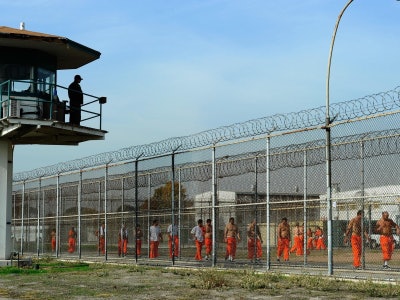
According to the report, PK-12 expenditures increased from $258 billion in 1979-80 to $534 billion in 2012-13. Over the same period, state and local expenditures on correctional facilities increased from $17 billion to $71 billion.
The report also showed that 46 states, with the exception of West Virginia, Wyoming, North Dakota and Nebraska, reduced their expenditures for higher education over the past three decades, while increasing the amount spent on correctional facilities.
In a press call on Thursday, U.S. Secretary of Education John King and Valerie Jarrett, senior advisor to President Obama, discussed the economic consequences of ramping up spending on prisons and jails as opposed to investing in education.
“We can and should prioritize investments in our communities and our people that will strengthen our communities,” Jarrett said. “Instead, what we too often do is to fail to invest in creating opportunity, only to lock people up once they’ve dropped out of school and turned to crime. Simply put, these misguided priorities make us less safe, cost us an exorbitant amount of money, and betray our core values.”
The statistics in the report have implications for the school to prison pipeline, which enmeshes students from a young age with the juvenile justice system.
“The school-to-prison pipeline traps too many girls and boys who should be learning in supportive environments and instead sends them to juvenile detention. Where there are few resources for schools, job training or economic development, cycles of poverty and incarceration continue unabated,” Jarrett said.















